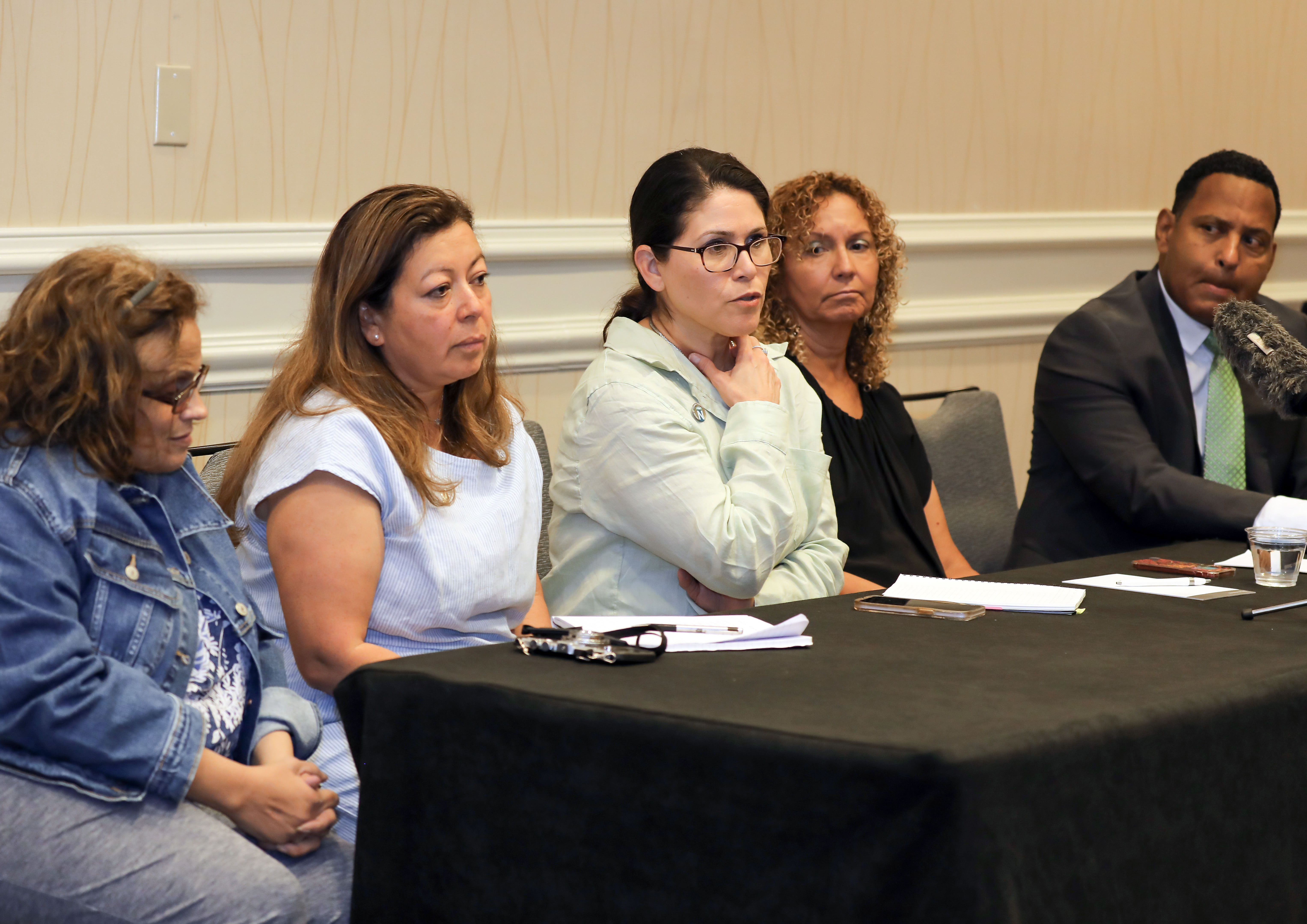NAHJ has new rules about how and when board members can talk to each other, the public

Board members approved a new policy on Wednesday outlining expectations that include how to communicate with one another.
The three-page document approved during the National Association of Hispanic Journalists annual conference includes board members notifying the president if they’re going to be interviewed or if they’re planning to reply-all to emails.
Two board members voted against the policy and two abstained.
National Vice President Arelis R. Hernández said the policy will help create a more efficient way of communicating among member. Hernández said the policy was a collaborative effort to ensure communications are held to a higher standard.
The second page of the document says it is not intended to censor any board members. The policy still sparked strong debate.
Luis Joel Méndez González, NAHJ’s general at large officer, expressed concerns.
“I believe it puts obstacles in the way that board members can look for information, can ask questions and can generate debates in the board, which is one of our responsibilities as board members,” Méndez González, who ended up voting against the policy, said.
He proposed adding specific timelines to the policy to ensure the board president followed up with members that do not respond to requests for information. His proposal was rejected.
“We are using terms such as ‘reasonable time’ and a ‘robust effort’ that are open to interpretation,” said González. “For instance, maybe for me it is reasonable to get a response in two weeks, but for you could be in two months.”
The policy will take effect immediately. As of Thursday afternoon, the document outlining the new policy was not available on the NAHJ website, but the organization expects to post it.
Daniela Cazares is a senior at the University of Arizona studying journalism. She is the President of the school’s Investigative Reporters and Editors Club and has a passion for covering diverse communities. Reach her at danielacazares [at] arizona [dot] edu and Twitter @dcazaresreports.